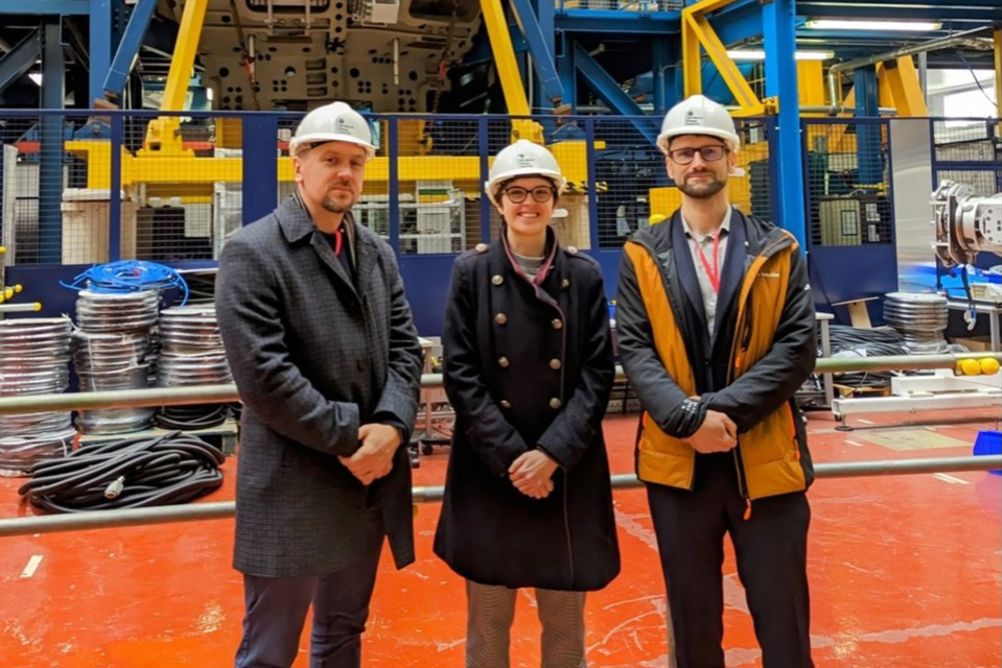The Spherical Tokamak for Energy Production (STEP) will rely on High Temperature Superconducting (HTS) tapes to magnetically confine fusion plasma at a temperature of around 150 million degrees Celsius. The HTS tapes themselves will operate at cryogenic levels of -253°C, just 20 degrees above absolute zero.
Related content
To test the magnetic components, UKAEA has signed a multi-year deal with Centrum výzkumu Řež (CVŘ), located on the Vltava river just north of Prague. Together, the pair will develop a test rig called Hi-CrIS (High neutron fluence Cryogenic Irradiation of Superconductors) that will collect data on the properties of the HTS tapes when subjected to fusion-like conditions. HTS samples will be irradiated with high energy neutrons using CVŘ’s LVR-15 light water tank-type research reactor and kept at 20 Kelvin during transportation and measurement within the rig.
“We look forward to working with CVŘ to build and operate the test rig using their LVR-15 research reactor,” said Fiona Harden, Hi-CrIS technical lead.

“The objectives of Hi-CrIS are critical to STEP’s design and this importance is recognised by CVŘ who has worked openly with us to put this agreement in place.”
According to UKAEA, Hi-CrIS will have ‘globally unique capabilities’ and should help advance knowledge of superconductor components at cryogenic operating temperatures. It’s claimed the test rig, expected to be operational in 2026, could also enable alternative materials testing for the potential development of future fusion powerplants. UKAEA is targeting STEP operations to get under way by 2040.
“Working in partnership with the STEP team is a fantastic opportunity to support the UK’s world-leading programme to develop a prototype fusion energy plant,” said Marek Miklos, business development manager at CVŘ.
“The Hi-CrIS testing rig will open lots of opportunities for further material studies for fusion applications.”











Comment: Hydrogen requires a long-term mindset
Hydrogen does have and will have its uses. There are always "nay sayers" but these should not be confused with those raising issues that...